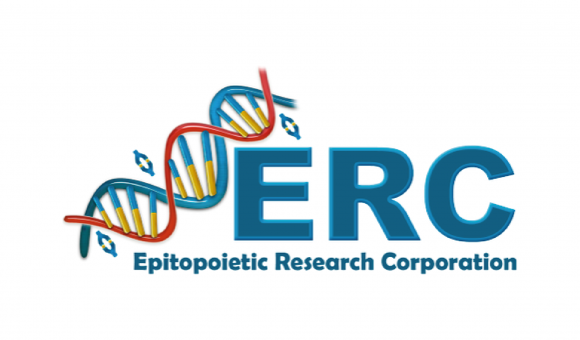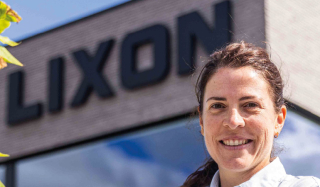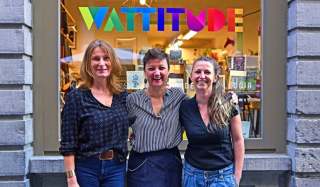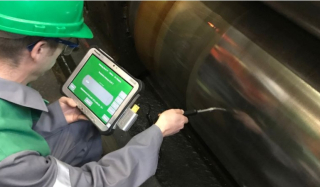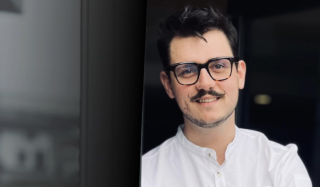
The American Food and Drug Administration (FDA) says that the ERC cancer vaccine works. If the registration trial is similarly successful, Gliovac will be the first treatment for combating glioblastoma, the most common and aggressive form of brain cancer. Dr Apostolos Stathopoulos, the founder and CEO of this Namur-based company, has also applied for the right to market the vaccine in England, as well as with the European Medicines Agency. After fifteen years of research, production of this therapeutic vaccine should begin next November.
Glioblastoma multiforme is the cause of 60% of brain cancers. The average life expectancy after diagnosis is estimated at 15 months, with a five-year prognosis for survival of less than 10%.
Faced with this highly aggressive and hitherto incurable brain tumour, Dr Apostolos Stathopoulos started from the concept of ‘fighting fire with fire’, by turning to immunotherapy. To this end, he combined the patient’s cancerous cells with those of at least three other patients with the same disease, before injecting these into the patient. As a result, this treatment encourages the immune system to fight against the brain tumours. This approach, which is targeted to the patient, takes the variability of the cancer into account and encourages a strong immune response.
This Belgian doctor of Greek origin founded the ‘Epitopoietic Research Corporation’ (ERC Belgium) in 2008. This is based in the Créalys science park in Gembloux. This is where the first pre-research trials for this vaccine took place. Research into other types of tumours, which attack the pancreas, the lungs and the ovaries, continue at this site.
The positive results observed during the phase-two clinical trials for the ERC1671 (or Gliovac) vaccine, which were carried out in the United States, recently led the American Food and Drug Administration to prematurely end the double-blind second phase and move directly to randomised phase-three registration trials. This somewhat rare approach gives hope to anybody afflicted with this cancer.
ERC, which has subsidiaries in the United States, Canada, Italy and Australia, also maintains a presence in other European countries and in Latin America. Its tumour bank and the vaccine-production unit are based in the Netherlands.
